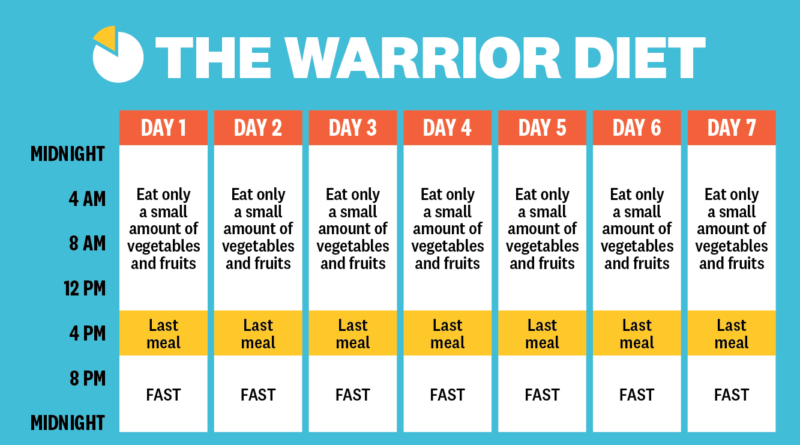Intermittent Fasting: A Way to Lose Weight
Health is wealth. It is described as the optimal well-being of an individual whether it is physical or psychological in nature. Staying fit and healthy promotes a positive outlook and maintains a youthful and vibrant disposition. Not only does it preserve youth, it also prolongs life. Now, one of the most innovative ways to keep oneself healthy and fit is through intermittent fasting. If you want to preserve your health, youth and the vitality of your being; then intermittent fasting should be given a try.
Intermittent fasting, as described today, is one of the cheapest fasting diets to lose weight. It doesn’t require any other tools such as pills or medicines, nor does it entail any expensive gym equipment. All it simply asks is a strict and stern discipline to fasting. Intermittent fasting, by definition connotes the regulation of food intake by not ingesting anything between major meals. Also, by the word intermittent, it follows that a sequential order of eating pattern must attained.
There’s a presumption among experts that the basis on how intermittent fasting actually works can explained by reason of anatomy and physiology; or the study of the organ and organ systems in relation to their functions within our bodies. As explained by specialists such as physicians, within our brain stem lies the seat of satiety, hunger and thirst called the hypothalamus. The hypothalamus is a complex, multifarious organ which actually orders our body when to feel the urge to gobble.
Hence, should there be any desire for man to drink or eat; the hypothalamus is the one responsible for such action. Thus, if left untrained and left to do on its own will, satiety and hunger will increase to huge proportions.
Once this happens, the urge to drink or eat will also be magnified. Of course, there is no danger or risk to eating. There is absolutely nothing wrong with that. However, the quality of the food intake we eat also determines the state of health among individuals. Likewise, if a person continually ingests foods that are not nutritious, say the one we see in fast foods or cafeterias; and done in large amounts, health is affect. Uncontrolled eating can lead to a host of diseases such as diabetes, hypertension, cardiac or heart problems and obesity.

